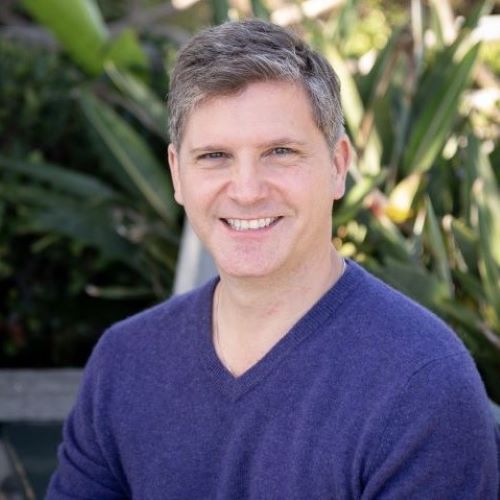
English and Spanish alumnus organizes for social justice in Wooster and across the nation
Hans Johnson ’92 chose to attend The College of Wooster because the school gave him an opportunity to connect with a diverse student body […]
Do you want to change the world, but aren’t sure where to begin? Or are you already engaged in activism and want to expand your skills and knowledge? This Pathway gives students room to explore the histories and theories of activism and social change movements, the skills required to organize people for social change, and knowledge of the legal, governmental, and economic systems relevant to understanding and participating in efforts to create a more just and equitable world.
Students who choose this Pathway may develop knowledge and skills in many of these areas:
Finally, students on this Pathway might consider careers in political organizing or campaign work, nonprofit work, or advocacy. They might thus become artists, writers, campus chaplains, politicians, civil rights lawyers, or theatre professionals. Whether you’re new to activism or already focused on specific social change goals, this Pathway is adaptable to a wide range of experiences and backgrounds regarding social change and is designed to help you refine your plans for work during and after college.
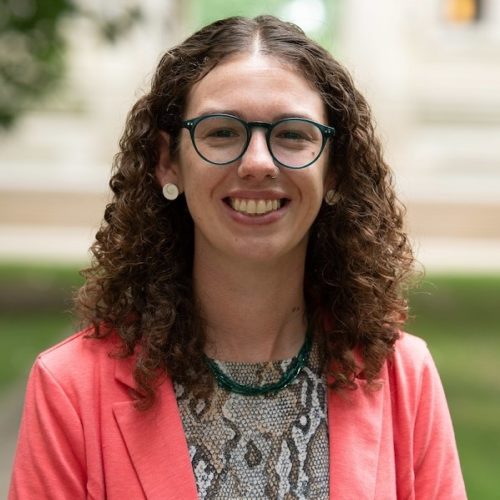
Henry J. Copeland Interfaith Chaplain and Director of Religious & Spiritual Life
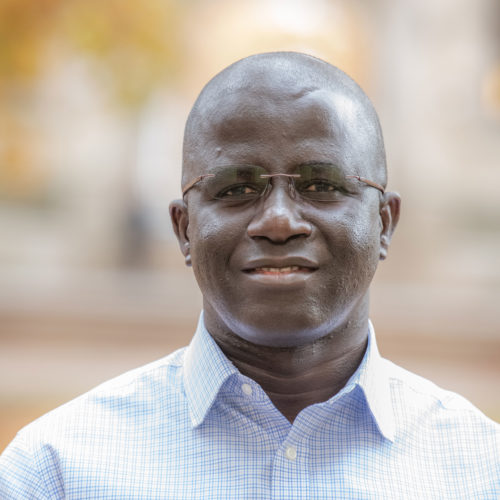
Associate Professor of History; Global & International Studies Department Chair
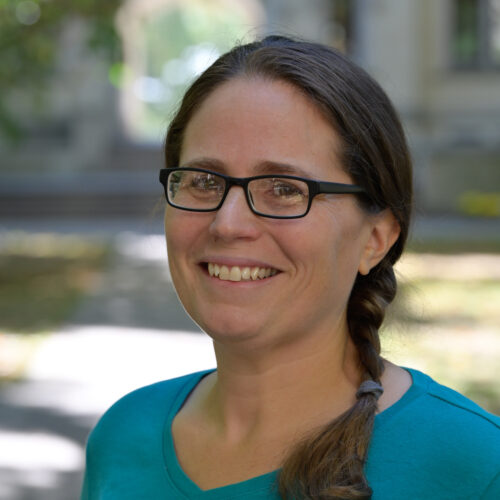
Pathways Program Coordinator, Global Engagement Office Administrative Coordinator

Hans Johnson ’92 chose to attend The College of Wooster because the school gave him an opportunity to connect with a diverse student body […]

Chantel Massey ’13 has always been a writer and a lover of poetry, but she didn’t always recognize that she could turn her passion […]
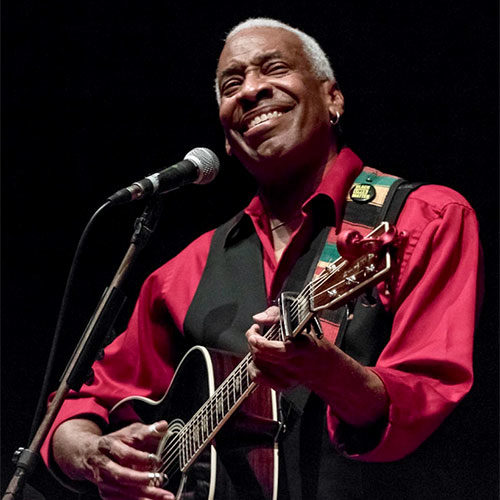
The College of Wooster will welcome Reggie Harris, an acclaimed musician, storyteller, and expert on civil rights music for a performance on Wednesday, Oct. […]
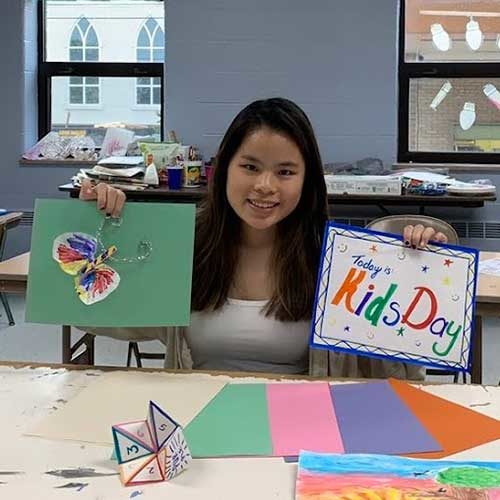
Maud Bulman ’23 , an anthropology major at The College of Wooster, started volunteering with Trinity United Church of Christ during the school year. […]
To learn for about the requirement please follow the Link